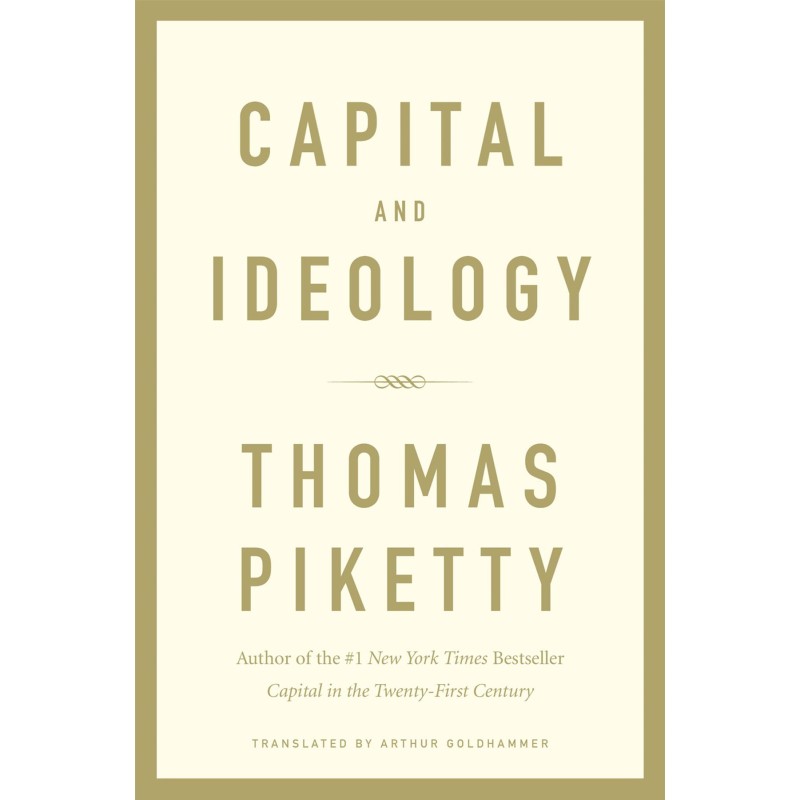Capital in the 21st century
 Instant download
Instant download
after payment (24/7)
 Wide range of formats
Wide range of formats
(for all gadgets)
 Full book
Full book
(including for Apple and Android)
In Capital in the 21st Century, Thomas Piketty offered a new perspective on a problem that has received increasing attention in recent decades. - the problem of inequality. After analyzing a huge amount of data, the French economist discovered the following pattern. All other things being equal, rapid economic growth reduces the role of capital and its concentration in private hands and leads to a reduction in inequality, while slower growth results in an increased importance of capital and increased inequality. In historical retrospect - and Piketty's book covers a huge period from the beginning of the 18th century to the present day - the growth of the influence of capital was interrupted only in the twentieth century as a consequence of two world wars and the Keynesian policies of the Glorious Thirty Years (1945-1975). Today, the world is returning to a situation where Inequality is steadily increasing, which can lead to dire social and political consequences. However, unlike Karl Marx, with whom Piketty is often compared, the Frenchman does not limit himself to a gloomy statement of the current situation and does not predict the collapse of the capitalist system. He proposes measures that could stop the unfavorable trends. Thomas Piketty (French) - “Le Capital au XXIe siècle” (French), “Capital in the Twenty-First Century” (English)
Data sheet
- Name of the Author
- Томас Пикетти
- Language
- Ukrainian
- Release date
- 2015
- Translator
- Александр Львович Дунаев
Reviews
Важливий внесок у розуміння сучасної економіки
Книга "Капітал у XXI столітті" Томаса Пікетті є справжнім відкриттям для тих, хто цікавиться економічними процесами та соціальною нерівністю. Автор, спираючись на величезну кількість даних, детально аналізує тенденції, які формують наше суспільство, і пропонує новий погляд на проблему нерівності, що стає все більш актуальною в сучасному світі. Пікетті вміло поєднує історичний аналіз з сучасними економічними реаліями, що дозволяє читачеві зрозуміти, як минулі події вплинули на сучасність. Його висновки про те, що уповільнення економічного зростання призводить до зростання нерівності, є особливо важливими в умовах глобальних економічних викликів. Крім того, автор не просто констатує проблему, а пропонує практичні рішення, що робить цю книгу не лише теоретичним дослідженням, а й практичним посібником для політиків та економістів. Незважаючи на деякі недоліки в перекладі, які можуть бути наслідком використання штучного інтелекту, зміст книги залишається неймовірно цінним і актуальним. Рекомендую всім, хто прагне зрозуміти складні механізми сучасної економіки та їх вплив на суспільство!

















